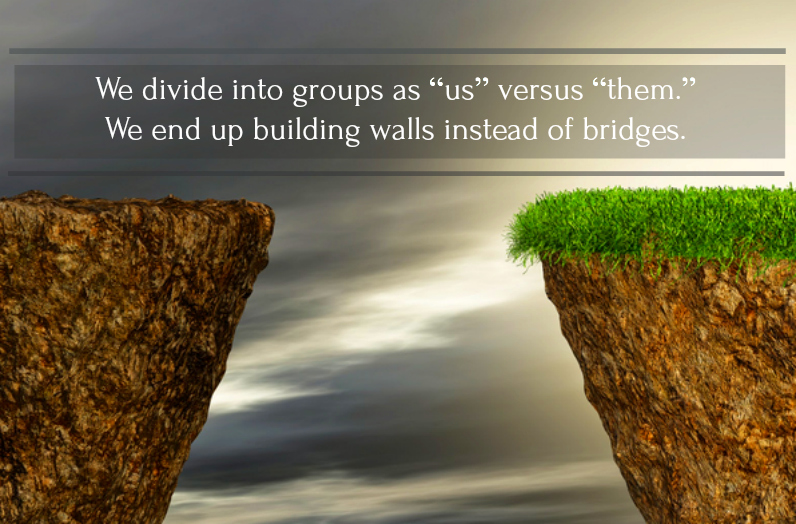Kerby Anderson
A recent Gallup poll found that three fourths (77%) of Americans believe we are a divided nation. But we may not be as divided on as many issues as we think.
Dirk Philipsen believes that Americans actually agree on a lot. He says one reason we seem to disagree is due to “tribalism.” He lives in the North Carolina Research Triangle, home of the UNC-Duke basketball rivalry. His favorite teams are ‘Duke and anyone playing the University of North Carolina.” This basketball rivalry provides a glimpse into the problem of tribal thinking. It is OK in basketball but dangerous in politics.
He says you can fill a room with Tea Party members, Wall Street activists, and concerned Americans and find agreement. Imagine they were to have a conversation about values and goals without any reference to political labels and catchwords. You would find people concerned about concentrated power, out-of-control change, and concerns about a government that no longer represents the people.
For example, one study found that 9 out of 10 Americans (independent of party affiliation) would prefer radically less inequality. Half of them feel that corporations have too much influence. None of them want their tax dollars wasted. And only 19 percent trust their government.
He teaches economic history and reminds us that we have seen this tribalism (even when there is consensus) in other nations. They call it “externalization.” We blame the other guy and hunker down in our own positions. We divide into groups as “us” versus “them.” We end up building walls instead of bridges.
I think the task before us is simple. Americans need to decide if they will continue to participate in this tribal game that continues to divide us or reject the forces trying to divide us. We can find common sense solutions that will address the problems that concern all Americans.
 Listen Online
Listen Online Watch Online
Watch Online Find a Station in Your Area
Find a Station in Your Area










 Listen Now
Listen Now Watch Online
Watch Online
